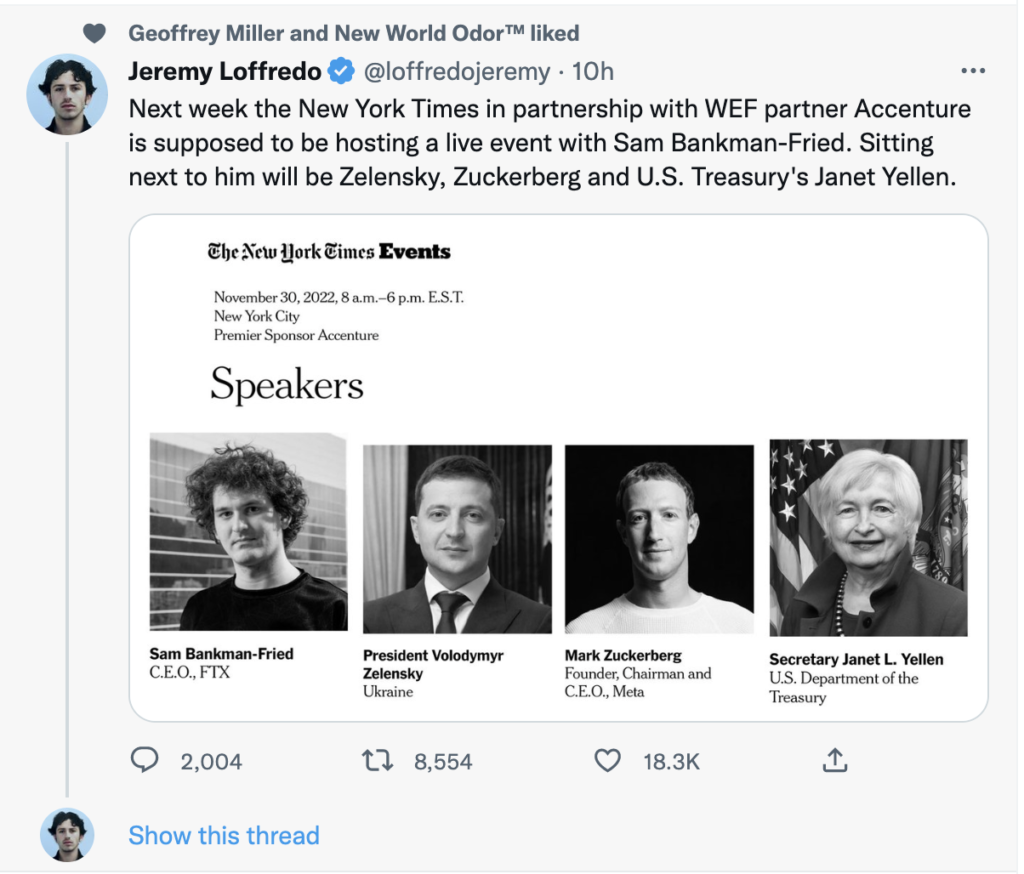For two years I have been amazed at the news media's non-interest in the origin of the COVID virus, especially given my presumption that many news outlets serve as the lapdog for the U.S. government. Here is a summary of where we are, as well as an itemized list of significant events, including what appear to be cover-ups of the lab origin story. First, from Reason Magazine, Zach Weisssmueller and Regan Taylor have this to say (this is an excerpt) in their article, "The Lab Leak Deception: Public Officials concealed their conflicts of interest and role in funding research that may have caused the pandemic, says health reporter Emily Kopp":
Journalists and scientists routinely dismissed the lab leak hypothesis as a crackpot theory and even as "racist," up until the summer of 2021 when science journalist Nicholas Wade published an influential article, and a viral rant by Jon Stewart pushed it into the mainstream. Until that point, social media platforms had been removing or throttling posts that took it seriously. Anthony Fauci, who didn't respond to our interview request, said it wasn't worth even considering the possibility that COVID could have originated in a lab.
More recently, emails made public through the Freedom of Information Act have revealed that Fauci, National Institutes of Health (NIH) director Francis Collins, and other prominent public officials took the possibility of a lab origin far more seriously than they were letting on.
"Top virologists, sort of giants in this field, were looking at the genome and freaking out, basically," says health reporter Emily Kopp, who works at the nonprofit U.S. Right to Know, an organization that has obtained thousands of pages of official documents and correspondence, some of which reveal an orchestrated effort by scientists to downplay the lab leak theory. It's also extensively analyzed emails obtained via a lawsuit by Buzzfeed's Jason Leopold that reveal the huge disconnect between what health officials were telling the public and what they were saying in private.
The above article refers us to this timeline compiled by Emily Kopp: "Timeline: The proximal origin of SARS-CoV-2." Here are some excerpts:
In February 2020 — about a month before a pandemic had been declared — five top virologists huddled to examine aspects of a rapidly emerging coronavirus that seemed primed to infect human cells. (The furin cleavage site kept one virologist up all night.) A few days later, they concluded the virus had not been engineered. In March, their conclusions were published in Nature Medicine.
[More . . . ]

